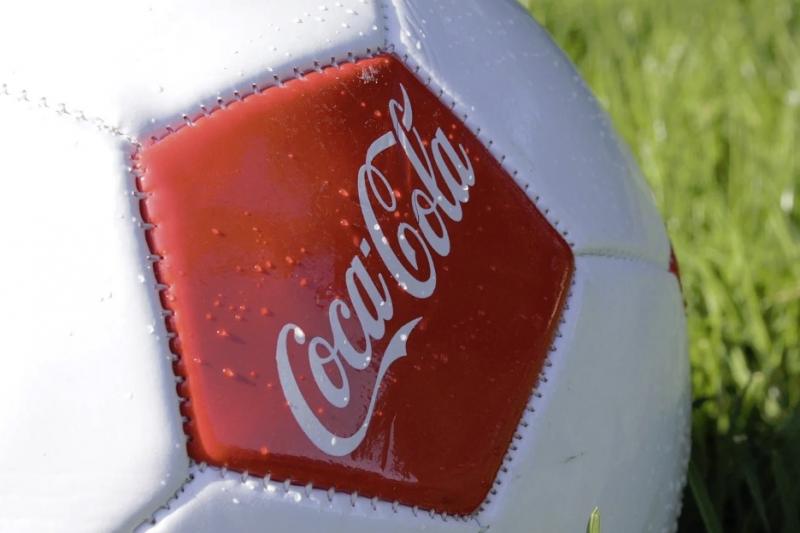What is a "Strong" Trademark? The Four Types of Trademark and the Legal Implications of Each
Trademarks are widely used in the business world to protect different elements of branding which make an organization uniquely identifiable.
Of course not all trademarks are the same, and as well as being different types to consider, there are also varying degrees of trademark strength to take onboard. Here is a look at the ins and outs of this issue so that you can make best use of trademarks for your own company.

Image Source: Pixabay
Trademark registration
Firstly, it is worth noting that while trademark protection is provided automatically by law from the moment of its creation, you will have a better chance of tackling any future infringements if you register your trademark as soon as possible.
Thankfully by using this registration service for trademarks that are associated with your organization, its branding and products, dealing with copycats will be less of a challenge.
Main types
A trademark usually refers to the name of a business, but it can also apply to its logo. When it comes to the different types, there is core quartet to keep in mind:
Fanciful trademarks
In terms of defendability and uniqueness, fanciful marks are the best of the bunch, as they are usually company names which are conjured out of thin air, rather than relying on words and phrases which already have a known definition.
Good examples of this include company names like Xerox, Rolex, Adidas and Lexus. These are considered strong because they are associated only with the brand in question, and are not open to interpretation in any other way.
Arbitrary trademarks
Lots of businesses make use of arbitrary, pre-existing words with dictionary definitions to harness as their names, and for good reason. A well-chosen arbitrary trademark can also be considered strong, because crucially it has to have nothing to do with the products or services that the organization offers.
Apple is perhaps the ideal example of this, as it produces electronics and its operations have nothing to do with fruit. Regulators will gladly trademark arbitrary company names like this, hence why so many major corporations have gone this route in recent years.
Suggestive trademarks
Suggestive trademarks can be thought of as the equivalent of metaphors or similes, with the name of a business alluding to the kinds of things it offers customers and clients without being a direct reference to them.
Again, a wide variety of big-name brands fall into this category, with everyone from Netflix and Microsoft to Jaguar and Airbus being accommodated by this definition. The idea is that the associations drummed up by the names require a little bit of creative thinking to reach, and thus are suitably unique to receive protection.
Suggestive trademarks remain in the ‘strong’ category because of this, and can be safely adopted by businesses of all sizes as a result. Even so, multinationals can still fall foul of legal action if there is any uncertainty.
Descriptive trademarks
Sitting at the weakest end of the spectrum, descriptive trademarks as well as geographic trademarks can be protected, but registering them successfully is more of an uphill struggle.
As you might have guessed, these trademarks are blunt and unambiguous in their meaning, and thus not open to interpretation. Coca-Cola is a prime example of a descriptive trademark, since it literally refers to a cola product made using coca leaves. The same goes for American Airlines and International Business machines, otherwise known as IBM.
Of course all of these big brands have been around long enough to achieve trademark protection because their products are undeniably associated with their brand alone. Smaller firms will have a harder time getting to this point, so opting for the stronger trademark examples mentioned earlier is sensible.
More to Read:
Previous Posts:










